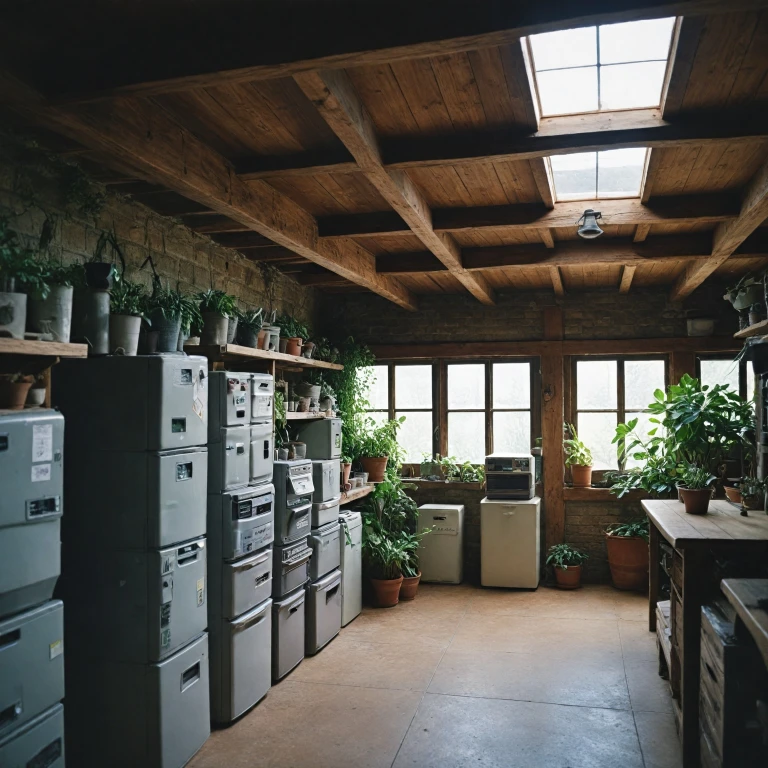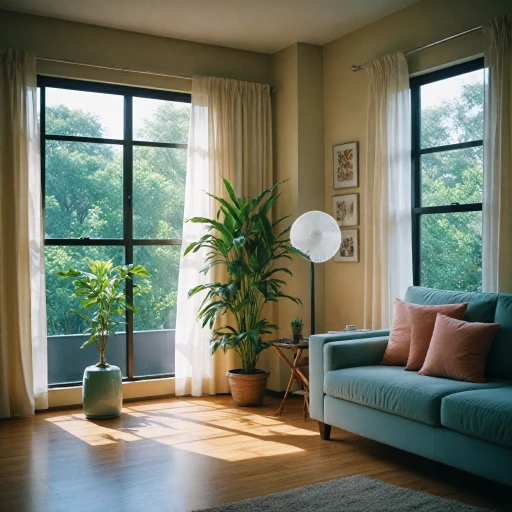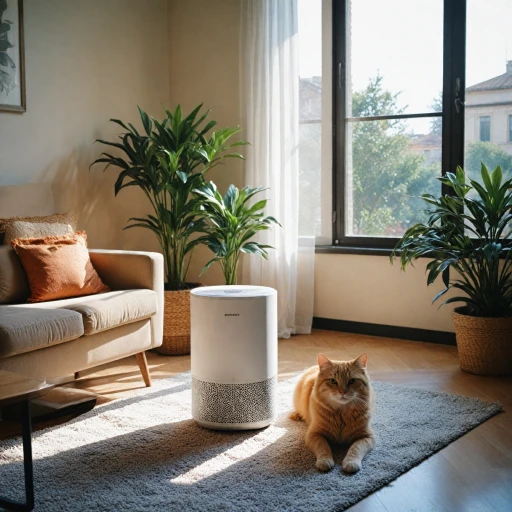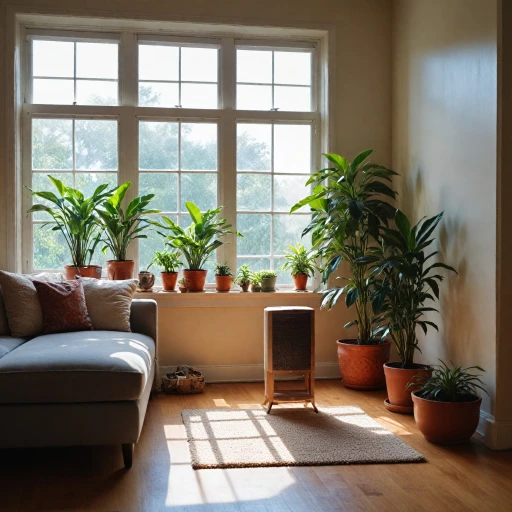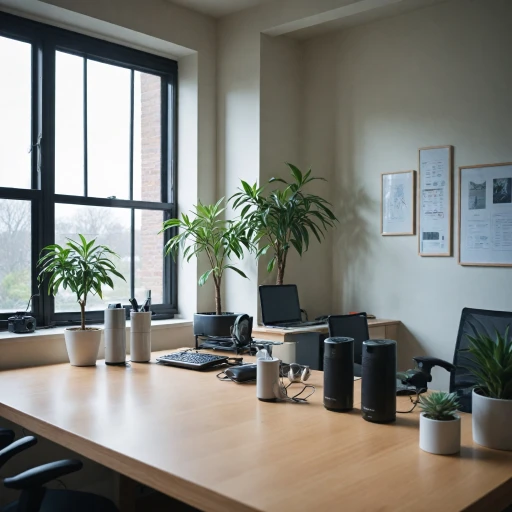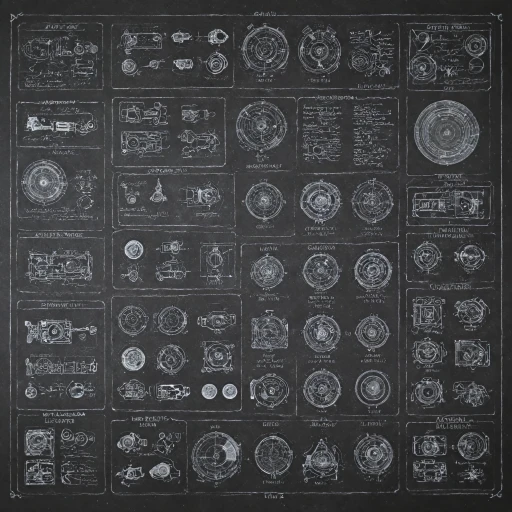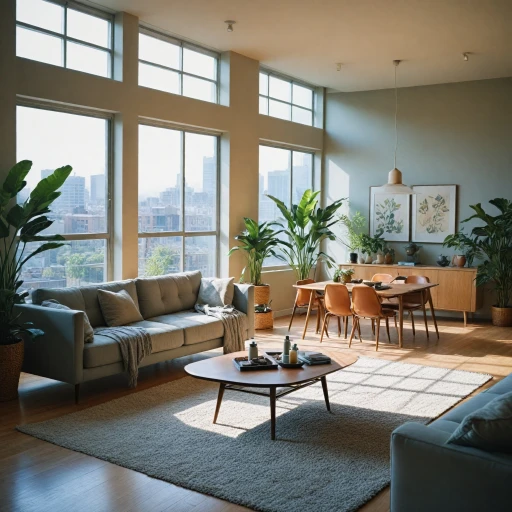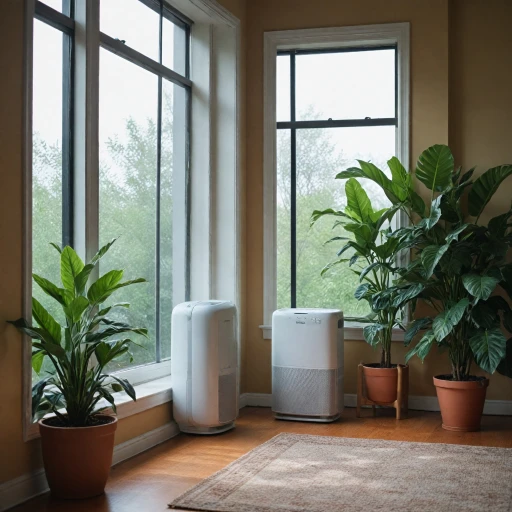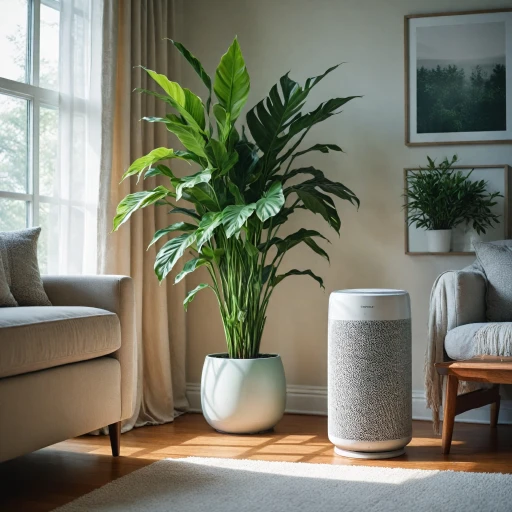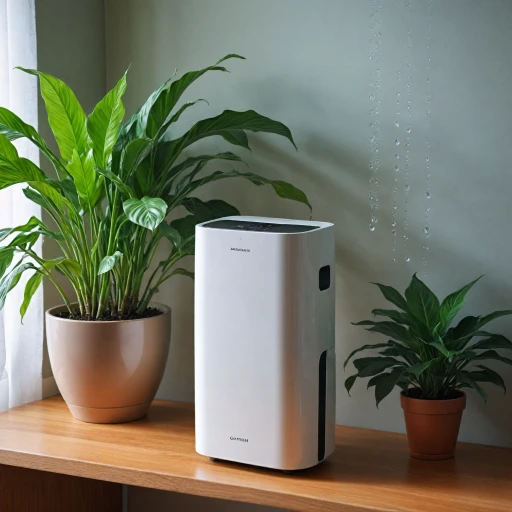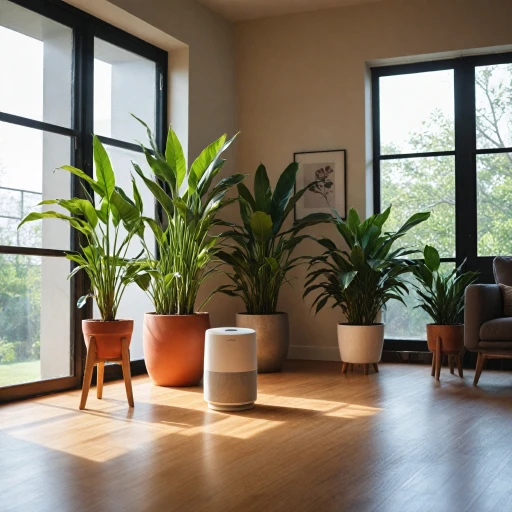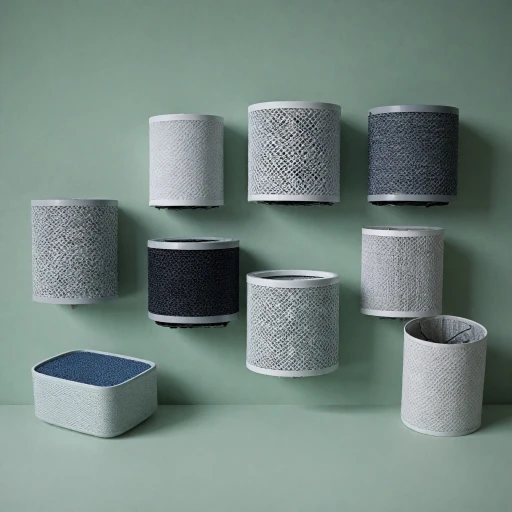Understanding Basement Air Quality Challenges
The Unique Challenges of Basement Air Quality
Basements often present a unique set of challenges when it comes to maintaining clean air. These spaces are typically prone to issues such as excess humidity, limited ventilation, and the potential for mold and mildew growth. All these factors contribute to compromised indoor air quality, making the selection of the right air purifier essential. Many basements are not equipped with windows, which means they lack natural ventilation. This can lead to a build-up of stale air and increase the concentration of pollutants like dust, dander, and smoke. High humidity levels, which are common in basements, can further exacerbate these problems by promoting the growth of mold spores and dust mites. Moreover, basements often serve as storage spaces where chemicals from paint, cleaning products, or carbon-containing materials might emit volatile organic compounds (VOCs). These pollutants can be detrimental to your health if not effectively managed. It's crucial to choose an air purifier that can tackle these specific challenges to improve air quality in your basement. Understanding basement air quality issues will guide you in identifying the key features to look for in an air purifier, such as a HEPA filter, activated carbon filter, and smart auto mode options for efficient operation. For a comprehensive guide on selecting effective air purifiers for commercial environments, a resource can be found here.Key Features to Look for in an Air Purifier
Essential Characteristics That Enhance Air Purifier Efficiency
When you're deciding on the best air purifier for your basement, evaluating key features is crucial. These features not only improve the air quality in your basement but also ensure the air purifier operates optimally under basement conditions.
One of the first elements to consider is the type of filters the purifier uses. A True HEPA filter is a must for capturing the tiniest particles, especially allergens and dust. Additionally, an activated carbon filter is essential for removing odors and gases, including smoke. This combination is a common feature in top models such as the Levoit Core and Blue Pure products, which are frequently highly rated in reviews on Amazon.
Next, assess the noise level of the device. Basements are often used as relaxation or entertainment spaces, so having a purifier that operates quietly is preferable. Models like the Alen BreatheSmart provide effective air cleaning while maintaining a low noise profile.
Consider also the inclusion of smart features such as an auto mode. This allows the purifier to adjust its speed and operation based on the detected air quality automatically, ensuring clean air without constant manual adjustments.
Another feature to think about is the purifier's coverage area. The unit should be capable of efficiently circulating air throughout the entire basement. Purifiers tested for larger rooms often detail their maximum coverage area, making it easier to choose the right product.
Finally, look at the long-term costs associated with the air purifier. This includes the price of replacement filters and maintenance requirements. Reading product reviews can give insights into the expected life span of these components and the overall value for money of the purifier.
Comparing Different Types of Air Purifiers
Exploring Varieties of Air Purifiers for Basements
When it comes to choosing an air purifier for your basement, it’s crucial to understand the different types available on the market. Each type serves unique functions and can cater to various challenges faced in a basement environment. Here’s a closer look at the main types of air purifiers and their unique features:- HEPA Filters: Known for their high efficiency, True HEPA air purifiers capture 99.97% of particles as small as 0.3 microns. This makes them ideal for removing common allergens, dust, and mold spores that can thrive in the dampness of a basement. The benefits of a pure air purifier are especially noticeable in this setting.
- Carbon Filters: These purifiers use activated carbon to absorb gases and odors, including smoke and volatile organic compounds (VOCs), which might be more prevalent in enclosed spaces. They offer a complementary solution when used alongside HEPA filters.
- Smart Air Purifiers: Equipped with auto mode and smart sensors, these devices can automatically adjust their speed based on the current air quality. Not only does this help maintain optimal air conditions, but it also ensures energy efficiency, as seen in renowned models like the Levoit Core series.
- Noise Level Control: If the basement is used as a room or entertainment space, the noise level of the purifier must be considered. Products like the Blue Pure focus on delivering clean air with minimal disturbance.
- Multi-Stage Filtration Systems: For areas with significant air quality issues, systems incorporating pre filters, activated carbon, and HEPA filters offer comprehensive purification."
Sizing Your Air Purifier Correctly
Proper Size Selection for Optimal Air Quality
Choosing the right size air purifier for your basement is crucial in ensuring that your space benefits from clean air. An air purifier that’s too small might not effectively filter the air, while an oversized unit could lead to unnecessary energy consumption and increased noise levels.- Room Size Considerations: Begin by measuring the square footage of your basement. Many manufacturers, such as Levoit, provide a recommended room size for each of their purifiers. This ensures that the unit can efficiently filter the air within the given space.
- Air Changes per Hour (ACH): Check the ACH rating, which indicates how many times the air purifier can clean the room’s air space in one hour. Higher ACH rates are preferable for areas with higher pollution or when dealing with smoke and odors.
- Clean Air Delivery Rate (CADR): CADR is another key metric to consider. It reflects the volume of filtered air delivered by the air purifier, with specific ratings for smoke, pollen, and dust. For basements that deal with musty odors, a higher smoke CADR is beneficial.
Maintenance Tips for Optimal Performance
Keep Your Air Purifier in Top Shape
Maintaining your air purifier not only ensures that it runs efficiently but also prolongs its lifespan, keeping your basement air clean and healthy. Here are some vital maintenance tips to follow:- Regularly Replace Filters: One key factor in preserving your purifier's performance is routinely changing the filters. Whether you're using a true HEPA filter, a carbon filter, or both, check the manufacturer's guidelines for replacement intervals. High-demand usage in settings with poor air quality, like basements, might necessitate more frequent changes.
- Pre-Filter Cleaning: Many purifiers come with a pre-filter to capture larger particles before they reach the HEPA or carbon filter. This should be vacuumed or washed (if washable) occasionally to maintain peak performance.
- Monitor Air Quality: Utilize smart features such as auto mode on some models, like the Levoit Core, to adapt the purifier's speed according to real-time air quality. Ensuring your device is operating effectively can be greatly aided by this feature.
- Noise Level Checks: Increased noise can indicate a need for maintenance. Review and address any unusual sounds promptly to ensure optimal operation.
- Positioning Matters: Place the purifier away from walls to promote optimal air flow and make sure it's appropriately sized for the room's volume. This avoids overworking the machine and extends its lifespan.
Top Air Purifier Recommendations for Basements
Top Choices for Efficient Purification
Selecting the right air purifier for your basement can be daunting, given the flood of options available. When seeking an effective solution, it's essential to look at products with favorable reviews and reliable performance. Here are some highly recommended air purifiers:- Levoit Core 300: Known for exceptional air cleaning, this model includes a true HEPA filter and an activated carbon filter. It's designed to tackle basement air, including smoke and odors, effectively. It operates with low noise levels, making it one of the best air purifiers for humid spaces where peace and quiet are a priority.
- Alen BreatheSmart 75i: This smart purifier features an auto mode and a robust HEPA filter that promises clean air in larger rooms and basements. In addition to its impressive air quality detection features, it offers minimal noise output, making it a wise choice for maintaining a distraction-free environment.
- Blue Pure 211+: Designed for larger spaces, it offers exceptional performance with a pre-filter, a true HEPA filter, and a carbon filter. Ideal for tackling odors and improving overall air quality, this purifier is well-suited for basement air challenges.
- Pure Max 4-in-1: Offering versatility with a combination of HEPA and activated carbon filters, the Pure Max stands out for its consistently positive reviews and its ability to adjust speed settings for different purification demands.
